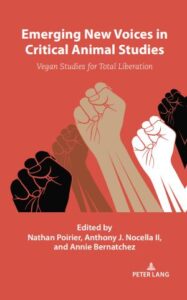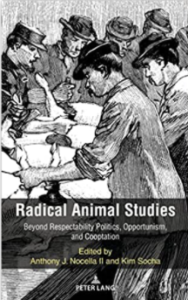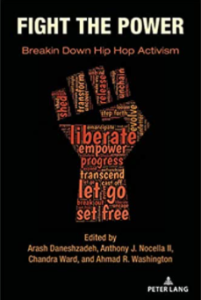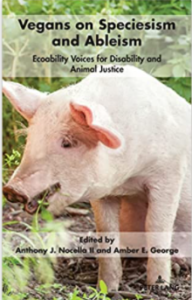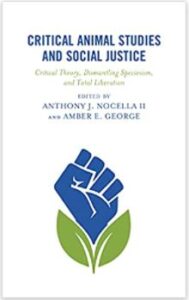Zipporah Weisberg
Animals as a Class and the New Subjects of History
By, Zipporah Weisber, Postdoctoral Fellow in Animal Ethics in the Dept. of Philosophy at Queen’s University
Abstract
This paper argues that the animal liberation movement will make more progress than it has to date if it conceptualizes animals as a class and develops praxis and strategy on this basis. Defining animals as a class is important for a number of reasons. First, it brings the problem of capitalism to the fore. The majority of animal rights’ scholarship is situated within the liberal tradition and/or within analytic moral philosophy, neither of which focus sufficiently on the central role global capitalism plays in determining the moral and political status of animals. Other animal studies scholars tend to blame humanism for creating the conditions for animals’ systemic exploitation. While humanism has certainly fostered human/animal dualism and human exceptionalism historically, capitalism is the dominant force in shaping human consciousness today, and directly determines the nature, scale, and scope of the atrocities against animals. Second, conceptualizing animals as a class universalizes the struggle for their emancipation by underscoring the inextricable link between all forms of systemic exploitation against animals. While myriad species are exploited in myriad ways, they are nevertheless united by the fact that they are exploited as animals. At the same time, because capitalism exploits multiple slave classes simultaneously, viewing animals as one of these classes indirectly highlights the problem of intersectional and overlapping oppression. A third reason for characterizing animals as a class is that it would lead to the recognition that the resolution of the crisis of civilization which we now face depends in large part on abolishing all unjust class relations. The most significant concrete implication of this conceptual shift would be to develop a robust campaign for animal liberation within the global anti-capitalist movement. Relatedly, it would become clear that the pursuit for animals’ political empowerment (e.g. as persons, citizens, and sovereign communities) must occur in tandem with a broader campaign to transform the political economy more generally. The emancipatory potential of changes in animals’ legal and political status cannot be realized as long as the economic system that consistently renders them meaningless in the human case remains in place.
Bio
Zipporah Weisberg is the Abby Benjamin Postdoctoral Fellow in Animal Ethics in the Dept. of Philosophy at Queen’s University in Kingston, Ontario. In 2013 she completed her Ph.D. in Social and Political Thought at York University. She specializes in critical animal studies, social and political theory, and Continental philosophy. Zipporah’s notable publications include, “Biotechnology as Endgame: Ontological and Ethical Collapse in the ‘Biotech Century’,” (NanoEthics, forthcoming January 2015), “The Trouble with Posthumanism: Bacteria are People Too (Thinking The Unthinkable: New Readings in Critical Animal Studies, edited by John Sorenson. Toronto: Canadian Scholars Press, 2014), and”The Broken Promises of Monsters: Haraway, Animals, and the Humanist Legacy” (Journal for Critical Animal Studies, 2009).

